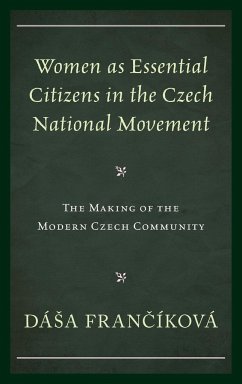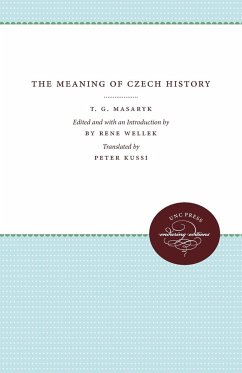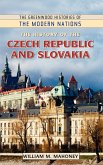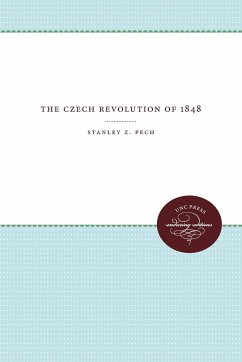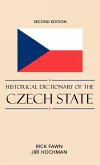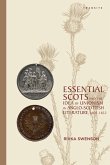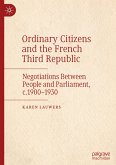This study uses the Czech national movement in the Austrian Empire between the late 1820s and the late 1850s to examine the complex set of social, physical, physiological, and moral requirements through which women became crucial social and political actors responsible for the existence of modern national communities. Situated within the larger frameworks of public and private spheres, contemporary Czech discussions of the positionality of women, and an understanding of the categories of gender and "woman" as fluid concepts, this book analyzes how Czech nationalists-in relation to and in comparison with other nineteenth-century nationalist movements-proposed that women become the central agents of the process to guarantee the continuity of the nation.
Hinweis: Dieser Artikel kann nur an eine deutsche Lieferadresse ausgeliefert werden.
Hinweis: Dieser Artikel kann nur an eine deutsche Lieferadresse ausgeliefert werden.

